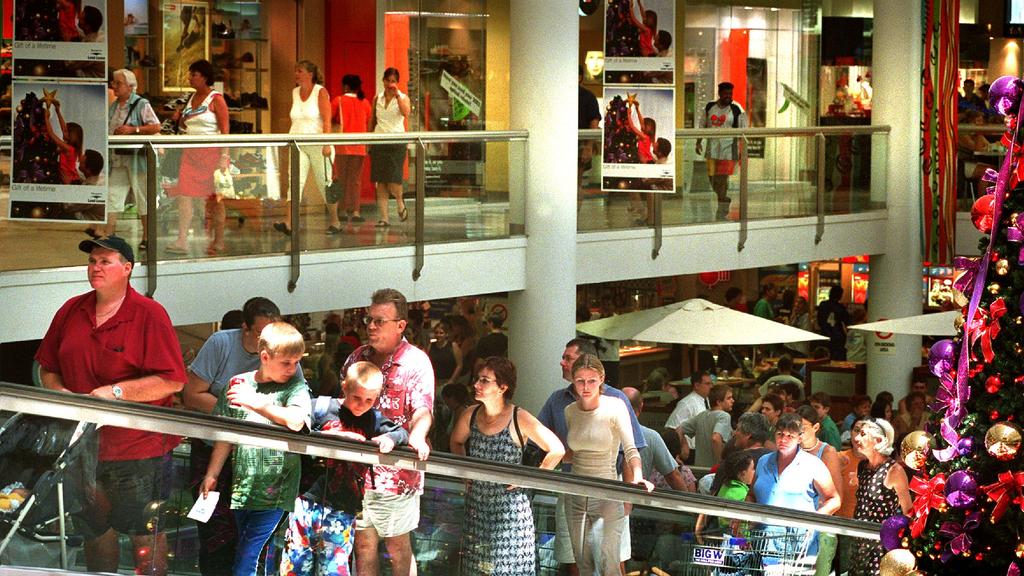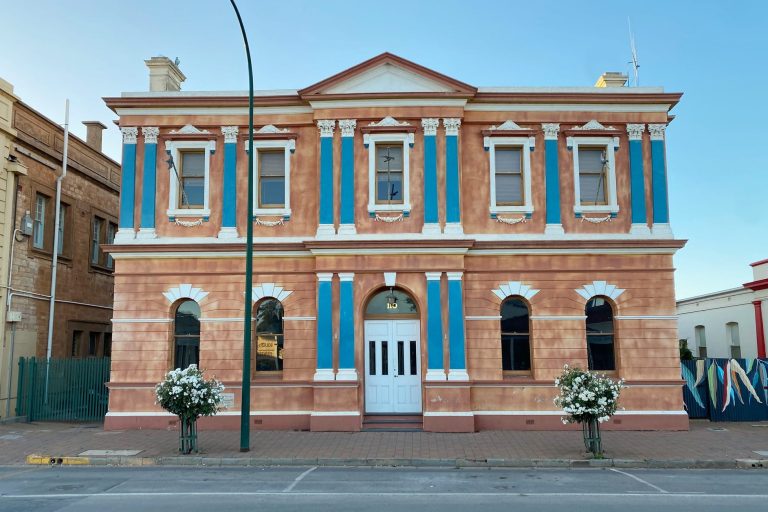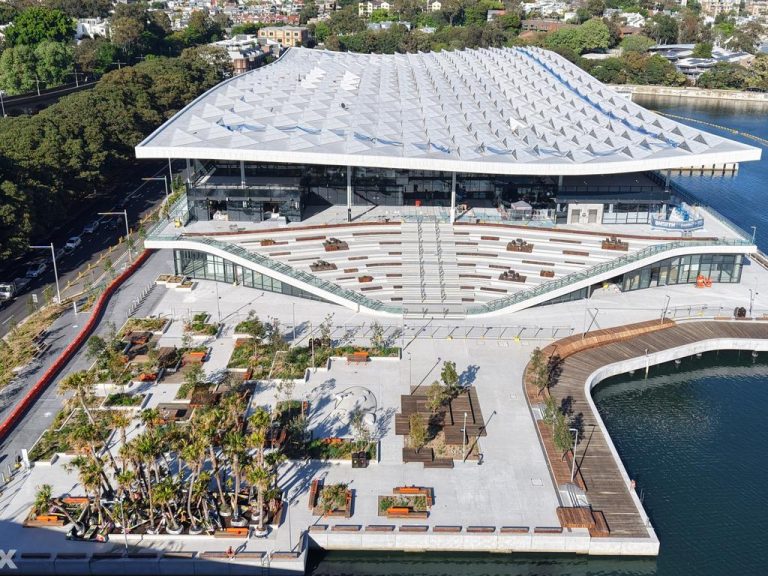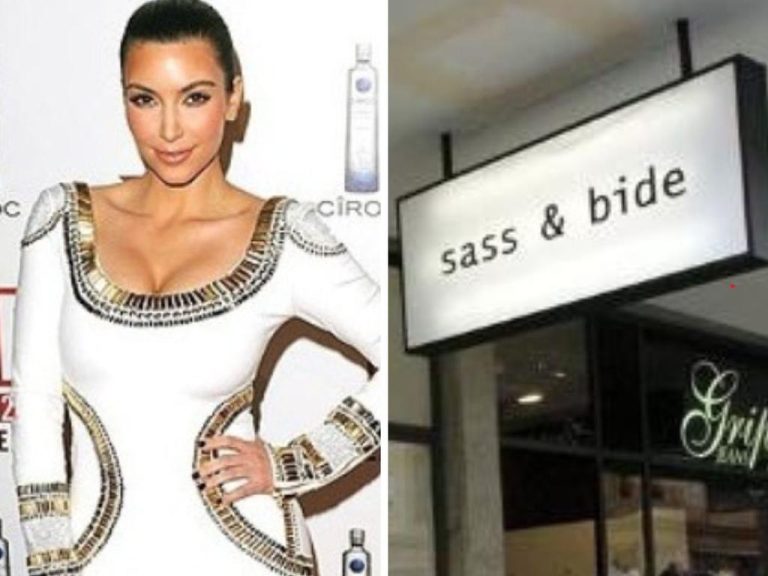Retail reset: Capital returns for the best malls

Haben is in due diligence to buy Forest Hill Chase Shopping Centre.
The big reset in shopping centres is at last on – for real.
After a standoff between vendors wedded to boom time prices and capital made skittish by rate rises just after the coronavirus crisis passed, deals are again in train.
And savvy unlisted capital is making the early plays.
In Melbourne, property funds manager Haben is undertaking due diligence on Forest Hill Chase Shopping Centre, which US private equity house Blackstone has been quietly looking to sell.
At a mooted price of about $270m, the vendor would exit at a price similar to what it picked up the strongly-performing suburban mall for in 2016. While it put some capital into a revamp, Haben is more likely to pursue the centre’s next development phase.
The three-level regional shopping centre in Melbourne’s eastern suburbs is anchored by Coles, Woolworths, Big W, Target, Aldi, Hoyts and AMF Bowling. It also sports substantial surrounding land parcels which could be developed in coming years in a move in keeping with Haben’s value-add approach.
It last year picked up Wollongong Central from a GPT-run fund for $402m. Haben, in a joint venture with Hong Kong’s JY Group, is now reworking parts of that mall, and flagged longer term plans to split it up and explore putting apartments on part of the site.
An exit by Blackstone would continue its run of mall sales. It picked up two major portfolios from retail landlords Westfield and Vicinity Centres in the middle of last decade and has since been selling down.
The firm’s sales agents, JLL’s Nick Willis and Sam Hatcher, declined to comment.

Liaden Atfeh and Georgia Jarett at the Birdie Mini Golf Bar at Forest Hill Chase Shopping Centre. Picture: Rob Leeson
Blackstone last year sold Clifford Gardens Shopping Centre in Toowoomba, Queensland, to a private fund run by Elanor Investors Group for about $145m. It had bought that centre alongside Forest Hill Chase and the since traded Brimbank Shopping Centre as part of a $613.3m parcel from Vicinity.
Blackstone has been gradually selling down its shopping centre portfolio which was once worth about $3bn in total, and also put Melbourne’s Greensborough Plaza on the block for more than $420m this year via CBRE’s Simon Rooney.
The US private equity firm will be left with this asset and Top Ryde in Sydney after it dumped plans five years ago for a $3bn float or trade sale of its local mall portfolio, which then stood at ten regional and subregional shopping assets.
At the same time, a decision on the future of the landmark St Ives Shopping Village on Sydney’s leafy North Shore is looming. Big superannuation fund players are vying for the centre and 11 adjoining properties, in what was billed as a major redevelopment opportunity, by sales agent Lachlan MacGillivray of Colliers.
Bought by E.K. Nominees in 1986, it is one of the country’s best-performing retail centres and the amalgamated site spans more than 25,000sq m.
Both listed players and private developers have chased the site with initial interest at more than $500m and a final deal on the centre, which is anchored by Woolworths, Coles, and Harris Farm Markets, is likely to approach this mark.
The metrics of the sales are yet to be disclosed but would likely help reset values, with a yield of close to 8 per cent on the Forest Hill Chase transaction and St Ives also showing that demand is there for big centres, breaking the sales drought.
The trades partly reflect capital catching up to strong spending as shoppers return to malls. Interest rate hikes are likely to crimp spending after Christmas, but the deals show that there are players willing to make purchases.
Australians spent another record amount in shops, supermarkets and cafes in September, as retail trade lifted for the ninth consecutive month despite growing cost-of-living pressures that threaten to sink growth next year. Despite widespread concern over a cost-of-living crisis which is expected to bite in coming months as higher mortgage costs hit, the latest retail trade figures from the Australian Bureau of Statistics showed sales lifted 0.6 per cent to $35.1bn in September, to be 18 per cent higher than a year earlier, and 27 per cent up on pre-pandemic levels.
Spending on food and eating out were again the prime drivers for the gain, and ANZ card data has shown a slower pre-Christmas rise in spending on discretionary items in October than in the same month before the pandemic.
Those that have already bought major centres are now putting their schemes into practice.
Sentinel Property Group is expanding Darwin’s Casuarina Square, which it bought from GPT for $418m this year. It has just picked up the adjoining Casuarina All Sports Club for $17.15m in a deal negotiated by Knight Frank’s Peter McVann and Matthew Knight.

Crowds at Casurina Square.
Sentinel boss Warren Ebert said Casuarina would become a town centre with a larger retail component and residential elements, including student, senior or worker accommodation.
“We have identified a tremendous opportunity to add value to the complex and grow Casuarina Square as both a retail centre and an employment node,” he said.
While retail sales growth is expected to slow as higher interest rates hit consumers, shopping centres have plenty of life in them yet.







